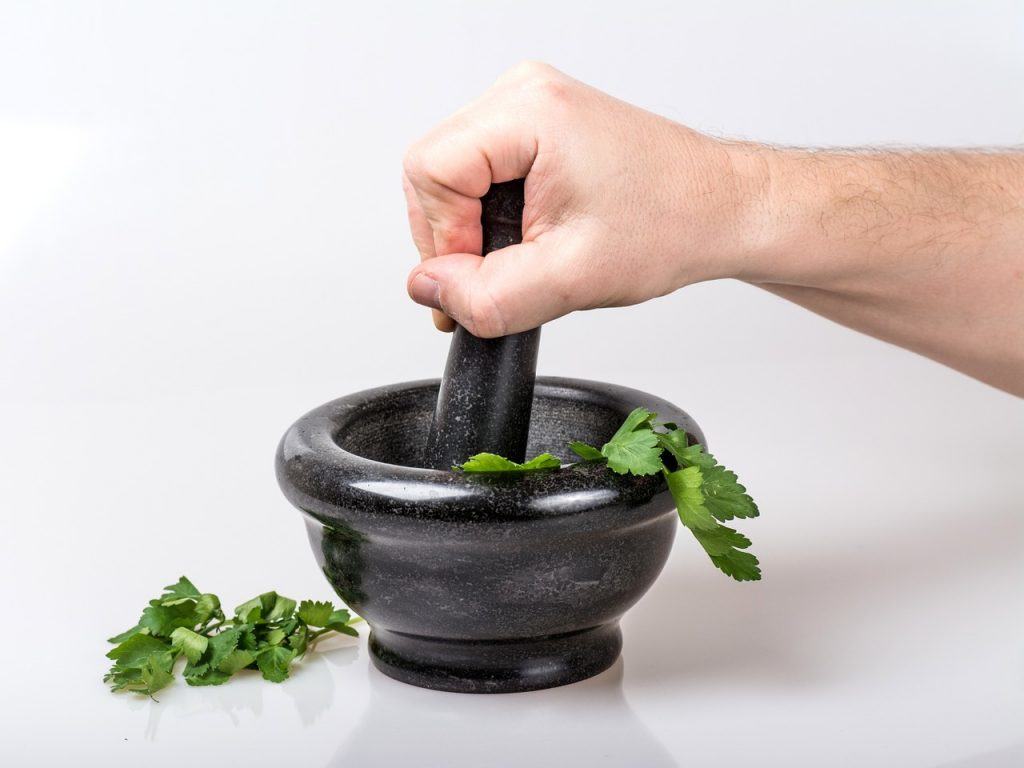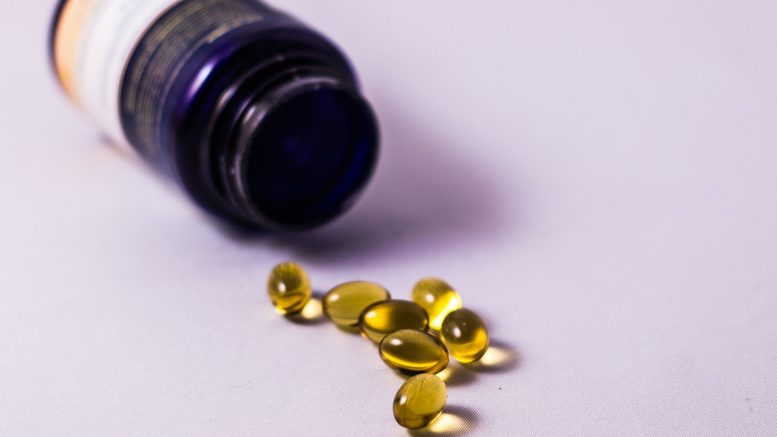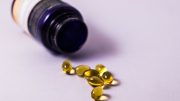The real truth about supplements and myths:

What is the truth about supplements?
Many health-conscious Americans are taking a vitamin, mineral, or supplement today. I believe natural medicine has a role in health and wellness. I grew up as a scout and learned about natural medicine such as willow root for headaches. Willow root contains a salicylate that may help with pain and prevent clots. It also contains other not-so-helpful compounds.
I am a huge fan of avoiding medications in people who do not need them. That being said, I do not believe in harming the body by putting a bunch of crap that is not tested or confirmed safe.
Myths:
- Supplements are all safe. They are only slightly regulated by the FDA, and no one is ensuring they are safe. Supplement manufacturers do not have to test their products for quality, efficacy, or safety. The FDA only becomes involved when there is a trend of injuries or illnesses on the product after users have taken them for months or even years. For example, a widely taken supplement was removed from the market a few years ago after complaints of positive workplace urinalyses resulted in the loss of jobs for employees. In the end, the supplement tested positive for an amphetamine metabolite. Explain that to your supervisor. Others were removed after patients started having strokes and/or liver failure.
- Supplements are proven to work. They may not have been proven to work by reputable research. Often the research is in animal models or very sketchy human projects paid for by the supplement companies. Remember, if the study does not have thousands of subjects, it is easy to stack the deck or cause a bias in the data. With a number of subjects of 200 or less, I can make a study show anything I want it to show just by choosing the right motivated subjects.
- Supplements are natural and safer than prescription medications. This one may be partially true, but remember hemlock is natural but I would not drink it. Ask Socrates about the results of his natural intake of hemlock. Just because a herb or root is ground up with a mortar and pestle, does not make it safe or natural. Supplements are often based on natural plant products, but they are processed into pill form and often there are unnatural compounds added. Prescription medications are often purer and have fewer additives. Also, we better understand the interaction between medications. Supplements’ interactions with medications are less well understood but may be equally as deadly.
- Supplements are safe during pregnancy and breastfeeding. This is false, so avoid them at all costs. It would be best never to combine pregnancy and breastfeeding with herbal medications. This could be deadly for both you and your child.
- Antioxidants and supplements can cancel out booze and tobacco. False again. The negative effects cannot be canceled out by an herbal agent. Just quit drinking and smoking. There is evidence that the antioxidant beta-carotene increases the risk of some cancers, especially lung cancer.
- Labels on supplements are accurate. Many studies and testing labs have tested supplement purity. Even among a single manufacturer, they found a large variance between bottles from the same lot. One study performed by a Canadian company found that only 2 of 13 supplements had accurate labels.
- Supplement X is on TV so it must work. Once again, they do not have to prove it works. They can capsule up kitty litter and put it on TV. The FDA and government will only get involved if some users get ill or there are reports from employees that they are doing this.
- Vitamins are needed. Vitamins are unnecessary if you consume a healthy diet or do not have an absorption problem. A balanced diet is enough to get all your body’s necessary vitamins and minerals.

The bottom line: Supplements are a multi-billion dollar industry that I will compare to the snake oil salesmen of the 1800s. They will say or do anything to make a sale. I would avoid them. If you have one you want me to review a product, contact me. I am more than glad to review their claims.






Be the first to comment on "Supplements: Are they good or bad?"